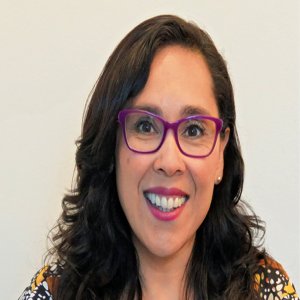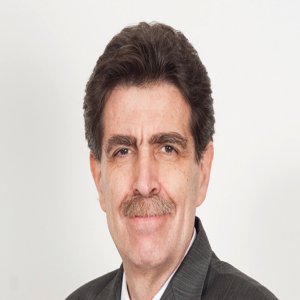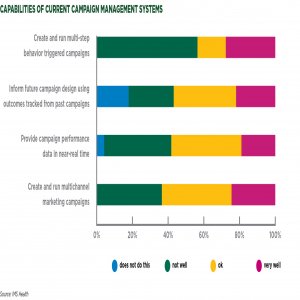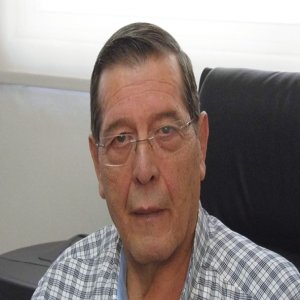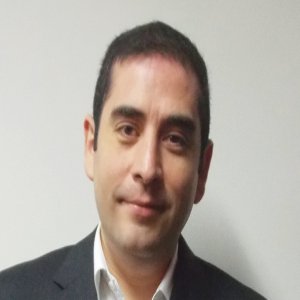Holding on to Biotech Talent in Monterrey
STORY INLINE POST
Nine years ago, through combined efforts from the government, universities, and interested parties from the private sector, the Monterrey BioCluster was created. The initiative was originally conceived to compliment the development of biotechnology in Monterrey, solidifying it as a strategic economic industry. Its pioneers set objectives to group small companies entering the sector, transfer global knowledge to Monterrey, attract qualified professionals to develop innovative products, and create public awareness of the importance and versatility of biotechnology. The cluster is now well positioned to communicate the importance of the sector to the government, as well as to provide its member companies with the necessary knowledge for expanding.
As Director of the Health Sciences Division of the University of Monterrey (UDEM) and President of the Biotech Cluster, Eduardo García-Luna seeks to integrate different areas of the health sector into a development program for the region. García-Luna’s personal goal is to increase awareness and innovation in every area related to biotechnology, including health, energy, garbage disposal, and food, because he believes that biotechnology can be harnessed to solve a multitude of problems. He also plans to expand the number of companies in the cluster from 35 to 40 before stepping down.
One of the cluster’s goals is to reduce the timeframe between a product’s introduction to the market and its point of sale, as well as to avoid unnecessary approval expenses, such as repeated procedures. To address this, UDEM and other institutions are working on a process to apply efficient transfer of technology models from other countries to Mexico. This analysis of tried and tested strategies helps optimize resources and saves valuable time.
The government recently pledged to increase R&D investment from 0.54 to 1% of GDP, which will be granted through funding programs from CONACYT among other institutions. Both the cluster and UDEM collaborate with CONACYT, receiving funds for startups and for the creation of intelligence within the sector. Meanwhile, UDEM is working closely with CONACYT and other funding centers in Mexico to promote basic science, as other areas are more concerned with clinical trials and clinical research.
While these are perhaps more interesting areas, basic science key to keeping the whole pipeline moving. This has led UDEM to host one of very few biosafety level 3 laboratories in the country, working with extremely HOLDING ON TO BIOTECH TALENT IN MONTERREY dangerous viruses and bacteria. Among their projects are new preventive treatments for the dengue virus and HIV, such as a gel that prevents its transmission. The same laboratory is exploring the genetic map of Mycobacterium tuberculosis, investigating how it becomes resistant to antibiotics in order to develop a cheap treatment and to prevent its transmission. Treating antibiotic-resistant tuberculosis can cost up to US$750,000 per person, so reducing these costs would remove a substantial drain on public health spending.
As well as investing in the eradication of infectious diseases, the university’s School of Medicine and Medical Specialties is not neglecting chronic disease. Clinical trials and research projects in multiple locations are investigating certain chronic diseases.
The School of Dentistry is contributing to the battle against chronic diseases, as people with non-controlled diabetes or chronic metabolic syndrome generally have poor oral health. Nutrition also performs an essential role in the prevention of chronic diseases, so UDEM is managing an education project to help the development of communities and allow people to have a balanced lifestyle.
Mexico has seen certain clusters succeed and others fail, but in the health sector, the successful clusters have been those that promote integration and education within the sector. The biggest challenge will be to change existing perceptions within the sector and persuade people that clusters allow a country to compete globally and share information. The Monterrey BioCluster is clear on these objectives and Guadalajara has excellent clusters, although there is still plenty of ground to cover in the rest of Mexico.
